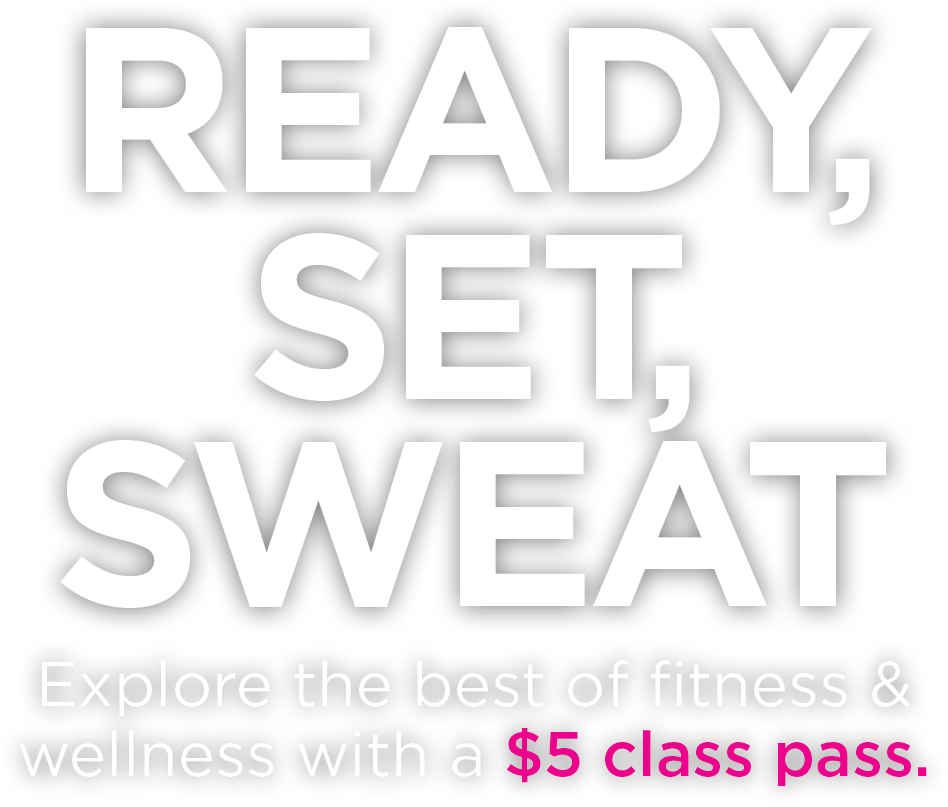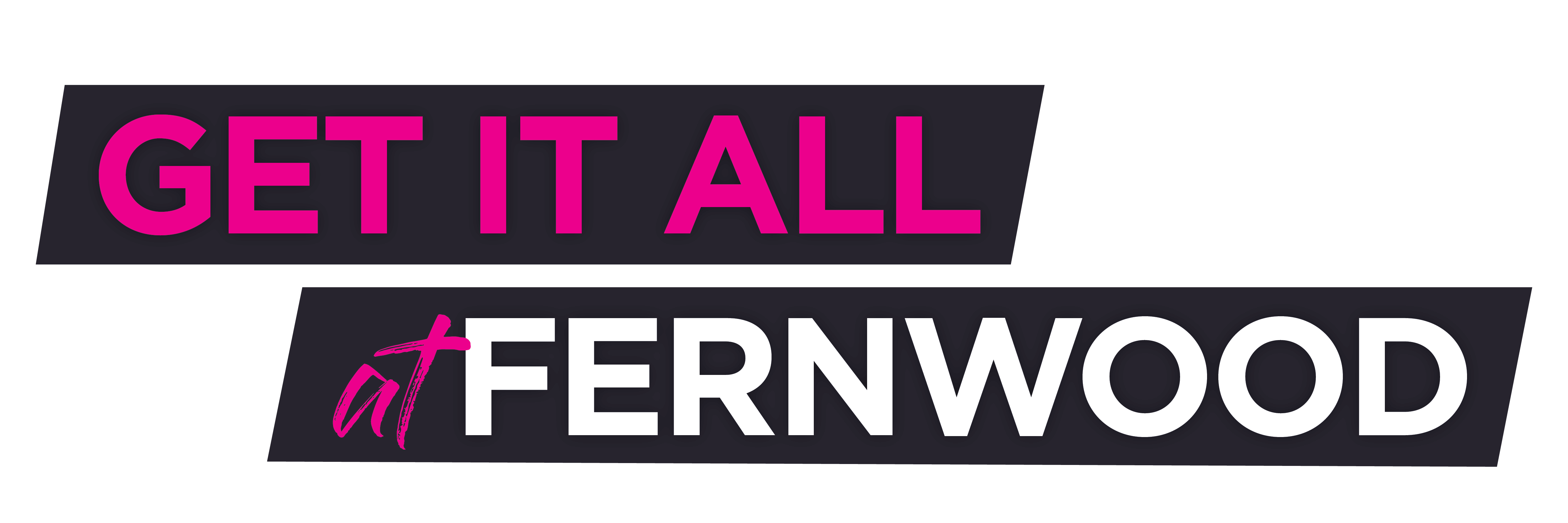Running on the treadmill, in the park, along the beach or running uphill – no matter your chosen method, running can be an excellent form of cardio fitness to include in your regular health, fitness and wellness routine. Whether you’re new to the running scene, or want to increase your distance, read on as we chat to Fernwood Personal Trainer, professional running coach, marathon runner and ultra marathon runner Kate Atkinson about the benefits of running, getting started and making progress in your strides.
If you’re keen to catch the recent podcast we did with Kate on running, marathons and ultra marathons, find it on Spotify and Apple Podcasts.
Kate’s running track record is incredible. She has completed an astonishing 25 marathons and ultra-marathons, and her personal best is 3 hours and 23 minutes which she achieved in the Melbourne Marathon. She also ran the Comrades 87km run in South Africa last year. Yes, you read that right, 87km!
So, you’re probably thinking, Kate has been running her entire life. Think again. Growing up, Kate did gymnastics; power-based, short spurts of exercise. As an asthmatic, one of her biggest allergies is rye grass, which meant she often didn’t compete in cross-country and other running-based sports and activities.
So her decision to lace up her runners and hit the track was a bit of a surprise – albeit a welcomed one. Now a running enthusiast, ultra-marathon runner, and a professional running coach, she works with people from all walks of life and fitness levels to help them achieve their cardiovascular goals, whether that be learning techniques, achieving a 5km distance, or training for a half marathon.
Benefits of running
While improving cardiovascular fitness – heart and lungs – is a well-known benefit of running, Kate says there are multiple other benefits of pounding the pavement, including:
- Strength
- Coordination
- Balance
- Mental wellbeing
Kate says if you ask most distance runners why they run, stress relief is often a contributing motivation for moving.
“Whether it’s starting your day on a positive note or whether it’s finishing your day and just unpacking everything that happened that day, the benefits to your mental health are just huge,” Kate says.
Getting started
“I think one of the best tips I can give people is to get help from a coach or a personal trainer. So many times at Fernwood, I know when people join – even in group fitness classes sometimes – they will tend to say ‘when I get fit enough, then I’ll get a trainer’ or ‘then I’ll join run club’. But I actually think in the beginning is the perfect time to get a coach or a trainer because they can really guide you from there,” Kate says.
When it comes to running, Kate says another key component is consistency, without putting pressure on yourself.
“Making sure that you get out there, I would say a minimum of three times a week, but not expecting to go from zero to 10km within the first week.
“Allowing yourself to run at your pace, and if that includes walking that’s completely fine. Just taking the pressure off a little bit, and celebrating those successes and milestones along the way.
“Ultimately when people start running, they just want to be able to run; they don’t want to be able to run a certain distance in a certain time. Initially it’s just about running, and that might be 30 seconds on and 30 seconds off, or it might be a minute on and a minute off,” Kate says.
“I would say that when you do have that break in-between when you walk, to fully recover. Get your heart rate and respiratory rate back down and then go again. It’s just those small increments. I would start most people on a minute, then two minutes, then three minutes, then before you know it, you’re running a kilometre without stopping.”
A warm down is essential after any workout. Read 5 things to do post-workout.
Making progress
When starting out or returning to running, Kate says many people will often run too fast and push themselves before they are ready. While everybody is different, finding your own pace is hugely important; you don’t need to run at someone else’s pace.
Depending on goals and current fitness levels, Kate says a tailored running program will support mastering the foundations, and keep you on track towards achieving your goals.
“Most people, I start them with a 12-week program, no matter what. If their first goal was 5km, then I would still give them a 12-week program. They might find that by the end of the 12 weeks they can actually run 8km or even 10km, but they can run that 5km well and feel strong when they finish,” she says.
“Realistically, 12 weeks is a really good base to develop some running fitness and understand the benefits of the different runs that you program as well.”
Note: Ensure you are following government restrictions in your state or territory.



